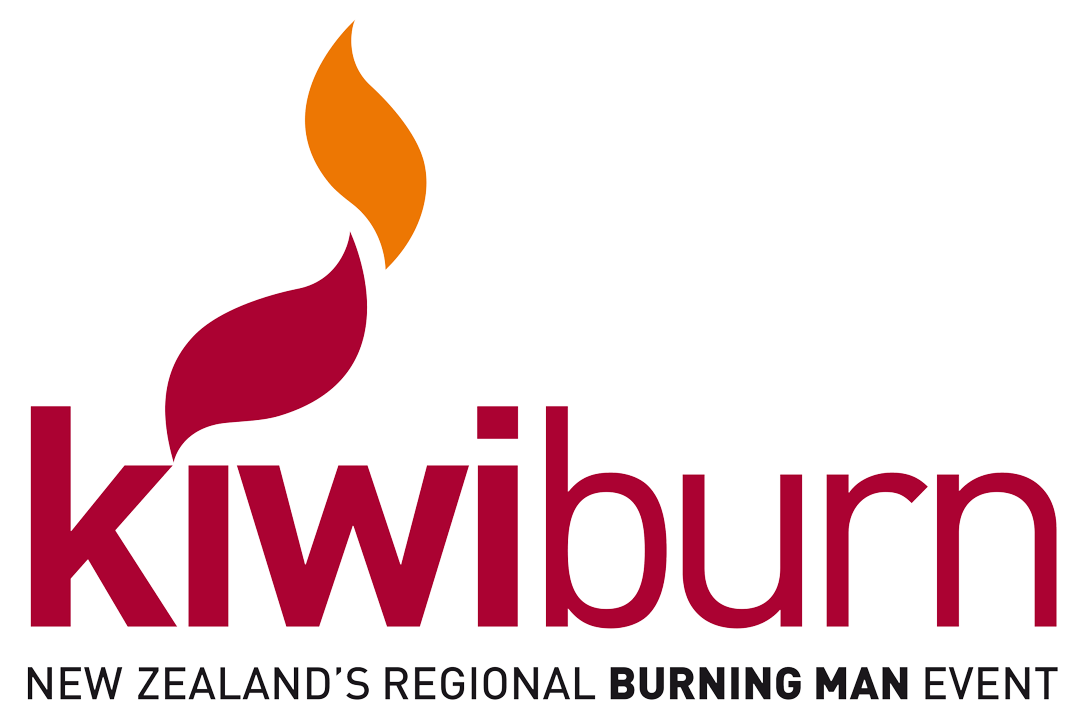Black Sheep Rangers
Who are Black Sheep Rangers?
Modelled on the Black Rock City Rangers, Kiwiburn’s Black Sheep Rangers are volunteers who help ensure the safety of the site and participants, and can be identified by their bright green t-shirts and friendly demeanour. Black Sheep Rangers are not law enforcement.
Formerly known as Paddock Relief, they work within our community to help participants navigate the Paddock and promote awareness of how to have the best Kiwiburn experience possible! If you see a medical emergency, a fight or any other dangerous situation, alert your nearest member of Black Sheep Rangers or anyone else with a radio. If you are a kind, caring, responsible type of person, who has a lot to give, Black Sheep Rangers might be the volunteer role for you. If you want to help Black Sheep Rangers at the next Kiwiburn, please fill out the volunteer form. For any specific questions about what Rangers do, email BlackSheep@kiwiburn.com.
1. Rangers are participants first
Rangers should be members of the community they are Rangering. They don’t carry any special authority that other participants lack, but through their training and with the support of the event, they do have useful skills to deal with certain situations and easier access to more resources (such as Site Manager, medics, etc.) than most participants do. Rangers are not members of the community because of being Rangers: they are Rangers because they are participants who want to help sustain the community.
2. How to become a Ranger?
Attend training, wear a shirt, don’t blow the social capital of the Rangers.
3. Life safety, community standards and resolving conflicts
Rangers look after people, not property. They help others uphold community standards by reminding the community of what they are and helping others keep to those standards. “Community standards” refers to the ethics and behavioural guidelines that the event community shares through consensus, not those of individual Rangers.
4. Liaison or Buffer
Rangers are a valuable liaison or buffer between several groups. Rangers should not only be able to represent the event organisers to the community at large, but also the viewpoints expressed to them by the community to the event leadership.
5. A Ranger’s default first action is to “do nothing”
Rangers do not run into situations without first FLAMEing it. Rangers should not be eager to act; or the contrary, many situations that may look like they need action will resolve themselves without Ranger involvement. Rangers do not step in and solve problems for others; the better serve the community by helping others solve their own problems.
6. Rangers listen
Listening to people is how a Ranger earns the right to be heard. Often conflicts rise out of mis-communication, which leads to anger (and anger leads to hate, and hate leads to suffering), which in turn makes people not listen to each other. A Ranger walking into a situation and simply listening is often all that is needed. Many participants simply need to feel heard (it often helps to be seen writing things down) in order to move on to the next steps towards resolving their concerns on their own.
7. Help people solve their own problems
Rangers don’t have all the answers. The people involved in a situation are most likely the people who will be able to figure out a way for things to get better. Sometime the presence of a third party helps people who are otherwise too emotionally invested in the outcome to take to each other. Rangers are happy to encourage communication.
8. F.L.A.M.E.
These steps (Find Out, Listen, Analyze, Mediate/Move Along, and Explain) are a useful guideline for Rangers to follow when trying to address a situation. Rangers figure out what’s going on through direct observation and listening to what people have to say. They consider options, encourage those with conflicting viewpoints to talk to each other with respect and civility, and explain what they’d heard and seen in order to both make sure they are hearing what they are being told and to help others hear what they are being told. This process is fluid, and relies on good judgement.
9. Rangers are neither police nor security
Rangers should never be thought of as the people to guard doorways and entrances. Rangers as a rule do not guard property and should not be involved with commercial disputes. As a result, Rangers carry a different level of trust from the community than security guards typically do.
10. Rangers rise out of the dust when needed
Rangers do not necessarily need to “patrol” events. They need to keep themselves attuned to the event and aware of things that might or might not go wrong. Being where the “big thing is happening” is often a good choice for a Ranger. Another choice is being exactly where things are the quietest. Rangers on duty are a part of the community and as such should act like members of the community and participate. By wearing something with “Ranger” on it and the community knowing that signifies a willingness to help is the basic Ranger “Status”. When something happens that needs a Ranger’s attention, the Ranger rises out of the dust/forest/field and helps. When things are changed for the better (hopefully) the Ranger can ease back into being a participant.
11. Riding the Edge of Chaos
“What exactly do we mean by saying this?” It’s something the Rangers throw out there all the time, but what does it mean, really?
“This edge of chaos, a scientific term for that slender territory between frozen predictability and hopeless disorder, is a dangerously unstable place. Learning and change can only happen there, but always under threat of sliding back to frozen order—or over into the chaotic abyss.”
